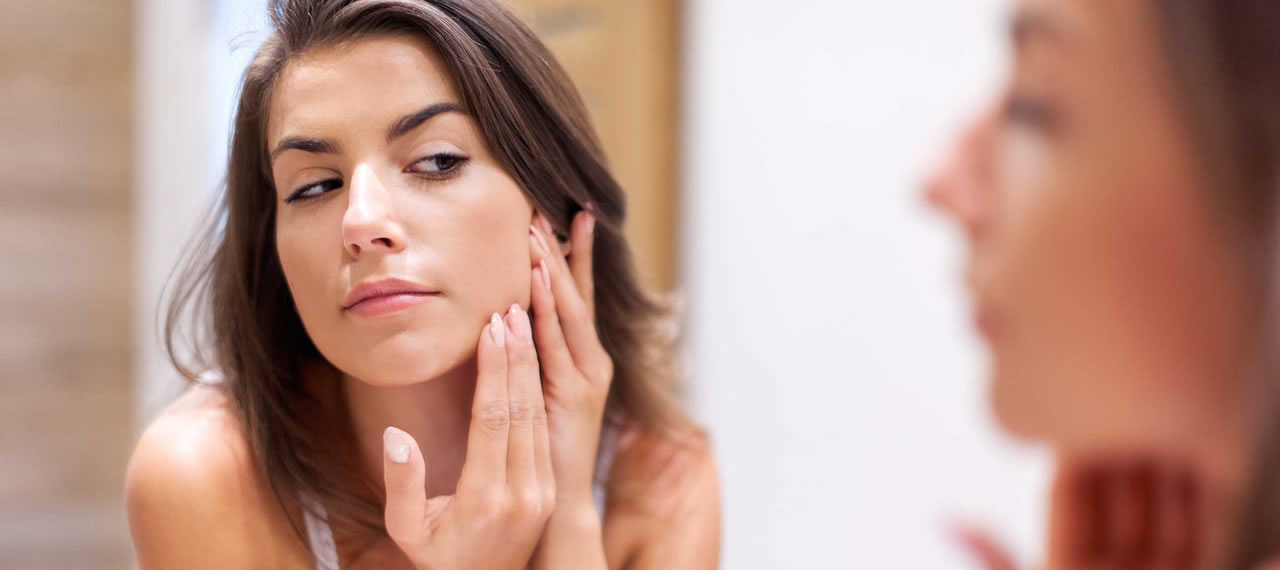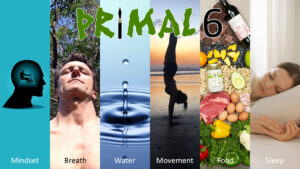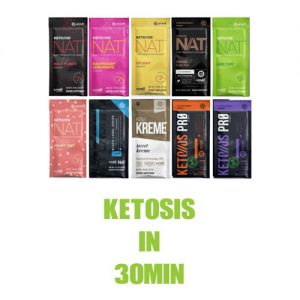Learn:
– The causes of acne, eczema, dry/oily skin…
– The top superfoods for healthy, beautiful skin
– Which ingredients to avoid in skin products
– Why you can sleep naked for health
These are my notes from the seminar, Skintervention with Liz Wolfe of Cave Girl Eats, during the Healthy Life Summit. Just for you!
8 Myths of Skin and Body Care:
1/ Oil clogs pores. Truth: the right type of oil can balance oil production on the skin. Known by dermatologists.
2/ Skin problems are from not being clean enough, so we need stronger cleansers. Truth: Need to go gentle, natural and have patience of balancing body from inside and out.
3/ You need antibiotics to stop acne. Truth: It only works for a short time; acne comes back because underlying causes not addressed. Antibiotics kill the good bacteria, along with the bad, which sets up the gut and body for more issues.
4/ You need expensive products to have great skin. Truth: All you need is the trinity – baking soda, apple cider vinegar and coconut oil/jojoba or other good oil. (Note: not everyone tolerates coconut oil on skin at first, as it’s a salicylate)
5/ Sweat causes pit stains and odours. Truth: Sweat is natural and necessary, but doesn’t have to stink and stain. Most deodorants cause stain and poor nutrition/digestive toxicity causes the stink.
6/ Food doesn’t affect skin, hair, nails and teeth. Truth: Food and stress are able to drive hormones, which drives oil production and affects our physiology in many ways.
7/ Doctors knows everything about my skin. Truth: Medical help is a useful tool, but the best tools are our own instinct and innate wisdom of our own bodies.
8/ Doctors know nothing about my skin. Truth: Doctors do have a lot of knowledge and training, and can really help, especially in acute situations (as opposed to chronic/reoccuring situations). We can’t always solve everything ourselves.
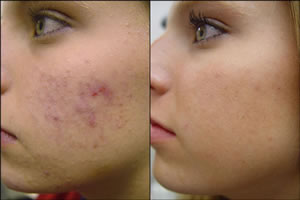
Healthy skin comes from the inside out
What are the main causes of most skin problems?
Poor nutrition and poor digestive health.
Key components of nutrition greatly lacking today
Fat-soluble vitamins A, D, and K:
– Vitamin A from grass-fed animal foods. Beta-carotene from vegetables is hard to convert to vitamin A, but pasture-fed animals convert the beta-carotene from the grass for us. Traditional cultures valued organ meats, like liver and cod liver oil, for high nutritional value. Liver does not store toxins, it acts as a filter for them.
– Vitamin D, mainly from the sun. We have become afraid of the sun, yet the right amount of sun is vital for good health. Modern sunscreen blocks only one type of UV ray, which creates an imbalance in the healthful rays we are receiving.
– Vitamin K, found in highest concentration in ruminants (foods from animals feeding on pasture). In today’s factory farms, ruminant animals are not feeding on pasture, thus not obtaining the nutrients to pass onto us. Eat only pasture-fed meat!
Skin Superfoods
– Fermented Cod Liver Oil: Great source of Vitamins A, D, and K, especially if you are not getting enough sun, organ meats and/or raw pasture-fed dairy.
– Butter Oil
– Desiccated Liver
– Seafood (especially mollusks, Sardines, Anchovies)
– Minerals like Zinc (Zinc found in seafoods like oysters, and red meat)
Digestion
– Good digestion gets the nutrients to where they need to go. You can be eating great food, but not absorbing the nutrients.
– Stress, infection and antibiotics can greatly impair digestion in the long term.
– Digestive bitters and stomach acid supplements can repair and improve digestion. Very important to colonise the gut with good bacteria from fermented foods/quality probiotics, and remove dead/processed/sugary foods which encourage the growth of bad bacteria.
– Need to support the liver, as bad bacteria can produce toxins which impair liver function.
– Lifestyle changes: Get enough sleep in a dark room, reduce stress, and don’t over-exercise. ‘Early to bed, early to rise’ ensures we are sleeping in the dark, in tune with our circadian rhythms. Retrain your mind to stop thriving on stress and busyness. Intense exercise only causes more stress to an already stressed body.
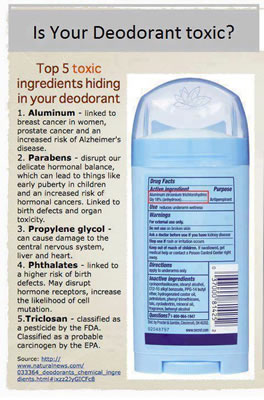
pic from Health Extremist
Harmful ingredients to avoid in personal care products:
– Gluten (hydrolyzed wheat protein, etc.), mainly if you are gluten sensitive.
– Triclosan antibacterial agent kills ALL bacteria, including the good bacteria needed for healthy digestion. Hot water is enough to kill germs. Can use probiotic hand sanitiser intead of the antibiotic cleansers.
– Benzyl Chromium Chloride is connected with impaired immune function over time, and is an unnecessary alternative to Triclosan./
– Diethanolamine and coconut (DEA): a potentially dangerous isolated chemical left in processing of coconut products.
– Propylene Glycol keeps shampoo texture smooth and is unnecessary industrial product.
– Aluminum, the #1 ingredient in anti-perspirant products. This has been linked to breast cancer, and blocks sweat, which is a natural and necessary bodily process.
– Parabens, or any ingredient ending in paraben, are preservatives linked to hormonal disruption.
– SLS, SLES (Sodium Laurel Sulfate and Sodium Laureth Sulfate) hugely strips the skin of moisture, and is of questionable safety to overall health.
– Phthalates are known potential hormone disruptors and are often hidden in products under the guise of words like Fragrance.
Are your body care products making you sick and fat?
Cellulite
– Different thoughts on what causes cellulite, but Liz’s tips are:
– Work on improving circulation through dry brushing and homemade coffee scrubs (topical coffee).
– Don’t wear underwear at home, and sleep naked. Cellulite is often found in the areas where we wear very restrictive clothing.
Liz Wolfe tells all about the best products for cleansing and nourishing the skin, and how to use them…plus alternatives to conventional makeup, hair dyes and hair care products, and much more in her comprehensive Skintervention Guide. Liz runs the blog and facebook page, Cave Girl Eats, and is:
– A certified Nutritional Therapy Practitioner
– Co-host of Balanced Bites Workshops and Podcasts
– A Paleo Magazine Contributor
– Author of the book “Modern Cave Girl”
What have you tried to overcome skin problems? What has worked the best?

